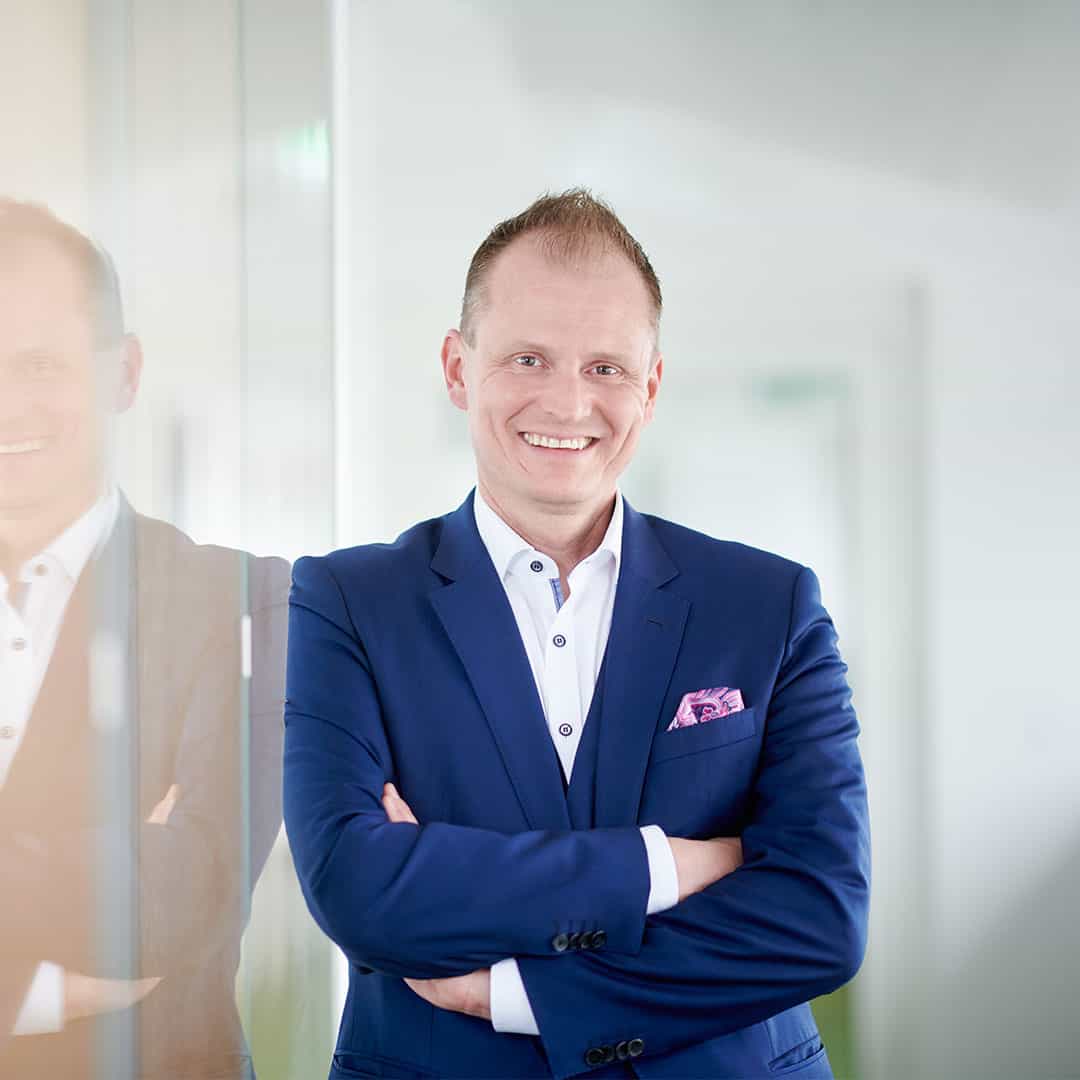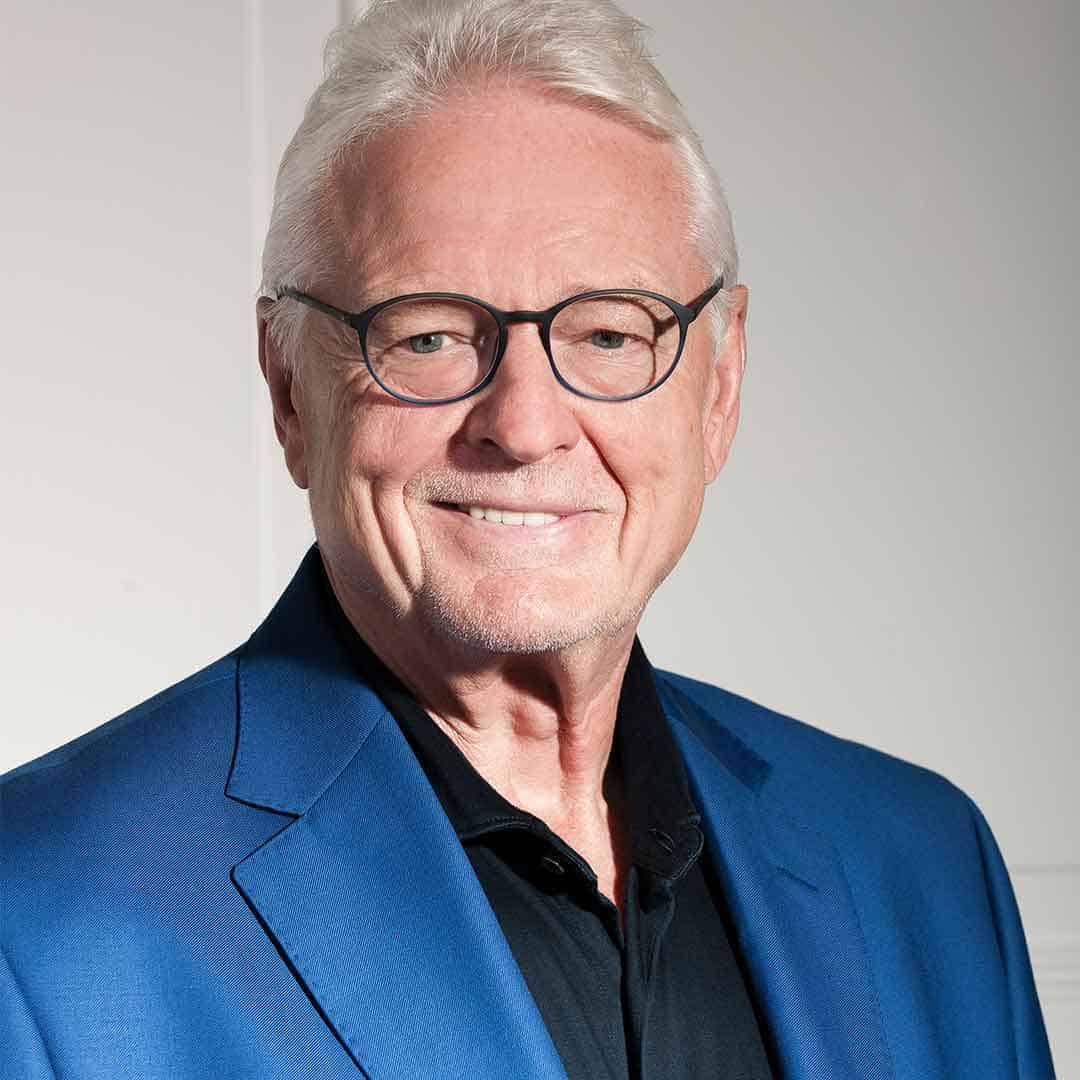
V-LINE GROUP CEO Detlef Daues featured on Sparepartsknowhow.com
V-LINE GROUP founder Detlef Daues talks in an interview with Phillip Slater, founder of Sparepartsknowhow.com.
Below is the transcript from the website, you can also click here.
Transparent Collaboration: The Future of MRO Procurement
February 3 Phillip Slater
An Interview on MRO Procurement with Mr. Detlef Daues, Founder of the V-LINE GROUP. For the past few decades, the role of procurement has continuously evolved. Someone who has been at the forefront of these changes is Detlef Daues, Founder of the V-LINE GROUP. V-LINE is a member of our Spare Parts Alliance and I met with Mr Daues at their 30/40 Anniversary event in Hannover, Germany in September 2019.
The following is a transcript from a series of meetings and interviews with Mr Daues.
Phillip: Hello Detlef. V-LINE is a very successful company that has grown significantly from humble beginnings. I know that you operate in 30 countries, yet people who are not already your customers may not have heard of V-LINE, perhaps we could start with you telling us a little about V-LINE and what the company does.
Detlef: V-LINE’s customers are typically industrial plants that manufacture products and use the latest technologies and applications. However, we have found that when it comes to the supply of spare parts, the backbone of their production processes, many companies have old procurement routines and incomplete data sets that prevent them from using the best of current technologies.
To solve that problem, V-LINE provides end-to-end supply chain solutions to manage their MRO and spare parts procurement, especially with international purchases where there is much financial and logistical complexity. Essentially, we manage and streamline the spare parts logistics from order to delivery, thereby reducing not only the parts costs but also the transaction costs.
Over the past 30 years we have developed the systems and skills to be world leaders in the provision of these procurement services.
Phillip: Recently V-LINE celebrated its 30th anniversary but you have been in this business for 40 years – how did you start?
Detlef: When the first water desalination plants were built in the Middle East in the late 1970’s I realised that, if somebody is investing highly in assets with state of the art technology, there will need to be someone making sure that these assets will be maintained properly with genuine spare parts that help guarantee the maximum lifecycle. So, V-LINE was born with the aim to develop a reliable spare parts supply service for the procurement and supply of original parts.
Phillip: On its website, V-LINE lists its mission as ‘to help customers fulfil their mission’, what does this mean in terms of the company’s day-to-day activities?
Detlef: Because of our customer focus, we are always adjusting our mission to be sure that we deliver on the value required by our customers. Consequently, this is our third mission statement in 40 years!
In terms of day-to-day activity, our mission statement is a reminder that we only exist to help our customers achieve their mission. We know that complex industrial plants require the best price for the fastest delivery time, however, typically that is only part of their mission. Often, to support their mission, they also require total procurement cost solutions with a high demand on local value creation. In addition, over the years we have seen a clear shift from shareholder to stakeholder value with a high weighting on social responsibility. Our mission statement helps us keep in mind that we are more than MRO procurement.
Phillip: The MRO supply chain is notorious for its complexity. Not only are there technical issues for parts selection but also cross-border management, currency risks, and logistics to contend with. How does VLINE simplify this for its clients?
Detlef: The root of the challenge is correct parts specification and reliable consumption data. Once we establish good quality data, V-LINE uses its international network of our own procurement companies in the countries of origin of the parts. We buy locally, own the parts, and control the entire supply chain. This minimizes risk for our customers and guarantees the highest level of reliability.
Phillip: In your experience, what do you see as the biggest problem that companies face today in MRO procurement?
Detlef: There has been a shift in procurement from being price driven to being total procurement cost driven. To achieve this requires trusted data of historical demand and internal costs. The biggest problem that companies face is that they do not have this trusted data. This, in turn, means that digitalisation will be a challenge for their established processes and fixing that needs a mindset change in the procurement setting.
Phillip: How do you help them overcome that problem?
Detlef: We do this by creating full transparency and enabling all stakeholders within the supply chain to define value and cost. This is the only way to manage total procurement cost.
Phillip: People everywhere are talking these days about the IoT, Industry 4.0, and digitalization, how does V-LINE propose to make use of these developments?
Detlef: All of those issues really relate to the collection and digitization of data. At V-LINE we believe that the proper prediction of requirements will enable a change in ownership along the entire supply chain and that will have a great impact on efficiency and operational costs. We are working now to fully embrace the digitalization of the supply chain.
Phillip: That is very interesting. What other innovations do you see that might transform MRO procurement?
Detlef: Equipment ownership might be one real game changer. For the manufacturer, the goal isn’t ownership of equipment but rather the production of output. Just as with spare parts it is not the ownership that counts but the availability. I also think that the development of digital twins might have a real effect on manufacturing and that 3D printing has a real potential to eliminate logistics costs.
Phillip: I have heard you talk about a ‘zero margin’ future and the concept of ‘transparent collaboration’. Can you explain how you see that future unfolding?
Detlef: If all my theses are right, in the future, MRO businesses will not be able to add any margin on the price of a part as it moves from the original part manufacturer through to the maintenance and operation manager. This is because of the price transparency that the internet enables. That is, pricing of the part and the services required by the end user will be totally transparent. This will lead to the unbundling of services and will guarantee the highest quality for each paid service. I see working together with our customers in this way as ‘transparent collaboration’.
Phillip: Finally, over the years V-LINE has continually expanded its operations and you now have more than 200 employees worldwide and operations in the Middle East, East Asia, and both North and South America. What’s next?
Detlef: My personal aim is to use the V-LINE pole position of today to be the world leader in services and innovative solutions that transform the way businesses manage their supply chains.
Phillip: Thank you for both your time and insight.
Detlef: Thank you, Phillip.
Source: Sparepartsknowhow.com, sparepartsknowhow.com/mro-procurement/


